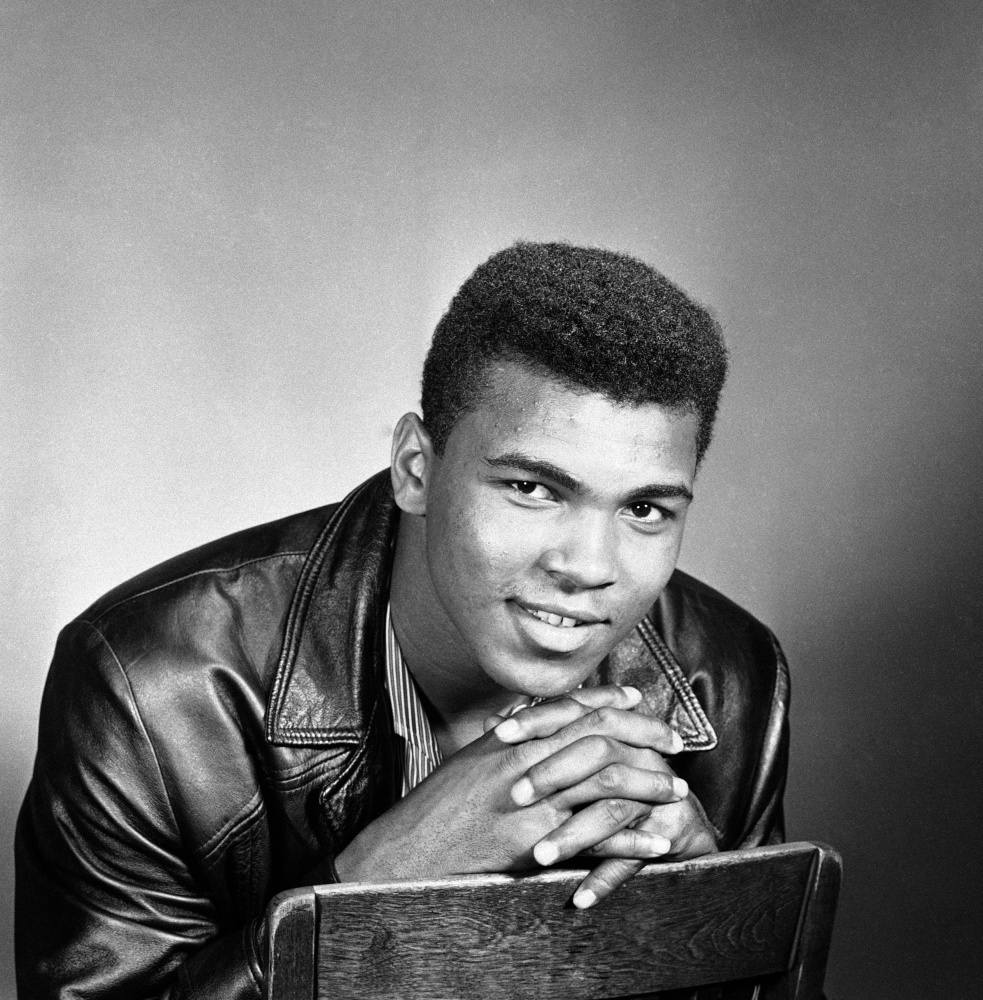"Mediocrity knows nothing higher than itself; but talent instantly recognizes genius."
-- Arthur Conan Doyle
Rare U.S. 'Inverted Jenny' stamp stolen in 1955 is found six decades later
3 JUNE 2016 JAPAN TIMES
NEW YORK, U.S.A. (AFP-Jiji) -- A rare U.S. stamp known as the "Inverted Jenny" has been recovered 61 years after its theft.The stamp was officially donated Thursday to the American Philatelic Research Library (APRL), according to a release from the U.S. Attorney's office in New York.
The Inverted Jenny stamp came from a sheet of 100 stamps printed in 1918, and gained fame for being misprinted upside down.
The sheet was later broken up and individual stamps sold to collectors.
On it, the stamp has an image of the Curtiss Jenny JN-4HM biplane modified for shuttling mail.
It commemorated the U.S. Postal Service's first airmail flight on May 15, 1918, with a value of 24 per stamp.
On Thursday, U.S. Attorney for the Southern District of New York Preet Bharara announced the return of one of the stolen stamps. Read More
Madonna prevails in key copyright case
3 JUNE 2016 JAPAN TIMES
NEW YORK, U.S.A. (AFP, Jiji) -- Madonna on Thursday triumphed in a copyright case concerning her song "Vogue," in a victory for artists seeking to use samples.The lawsuit concerns a brief horn riff that appears five times in the radio version of "Vogue," a dance track that was a major hit for the pop superstar in 1990.
The Salsoul Orchestra funk ensemble first recorded the horns in the early 1980s on the song "Ooh I Love It (Love Break)." The track was produced by Shep Pettibone, who went on to make "Vogue" with Madonna.
VMG Salsoul, the company that holds the copyright to the earlier song, sued Madonna and Pettibone over the horn snippet and said that it deserved compensation.
But the U.S. Court of Appeals for the Ninth Circuit upheld a 2013 lower court decision that found that the sample was "de minimis," or too trivial to warrant attention.
"We concluded that a reasonable juror could not conclude that an average audience would recognize the appropriation of the horn," Susan Graber, a judge based in Portland, Oregon, wrote for the court. Read More
Muhammad Ali, boxing great and cultural symbol, dead at age 74
4 JUNE 2016 REUTERS BILL TROTT
PHOENIX, ARIZONA (Reuters) -- Former world heavyweight champion Muhammad Ali, whose record-setting boxing career, unprecedented flair for showmanship, and controversial stands made him one of the best-known figures of the 20th century, died on Friday aged 74.Ali's death was confirmed in a statement issued by family spokesman Bob Gunnell late Friday evening, a day after he was admitted to a Phoenix-area hospital with a respiratory ailment.
The cause of death or the name of the hospital where he died were not immediately disclosed.
Ali had long suffered from Parkinson's syndrome, which impaired his speech and made the once-graceful athlete almost a prisoner in his own body.
Even so, Ali's youthful proclamation of himself as "the greatest" rang true until the end for the millions of people worldwide who admired him for his courage both inside and outside the ring.
"A part of me slipped away, the greatest piece," George Foreman, a former heavyweight boxer and one of Ali's most formidable opponents in the ring, said on Twitter after the news of Ali's death.
Roy Jones Jr., a former champion boxer who grew up during Ali's prime, also said in a Tweet: "My heart is deeply saddened yet both appreciative and relieved that the greatest is now resting in the greatest place."
Few could argue with his athletic prowess at his peak in the 1960s. With his dancing feet and quick fists, he could -- as he put it -- float like a butterfly and sting like a bee. He was the first person to win the heavyweight championship three times.
But Ali became much more than a colorful and interesting athlete. He spoke boldly against racism in the '60s, as well as the Vietnam War.During and after his championship reign, Ali met scores of world leaders and for a time he was considered the most recognizable person on earth, known even in remote villages far from the United States.
... His influence extended far beyond boxing. He became the unofficial spokesman for millions of blacks and oppressed people around the world because of his refusal to compromise his opinions and stand up to white authorities.
In a realm where athletes often battle inarticulateness as well as their opponents, Ali was known as the Louisville Lip and loved to talk, especially about himself.
"Humble people, I've found, don't get very far," he once told a reporter. Read More


No comments:
Post a Comment